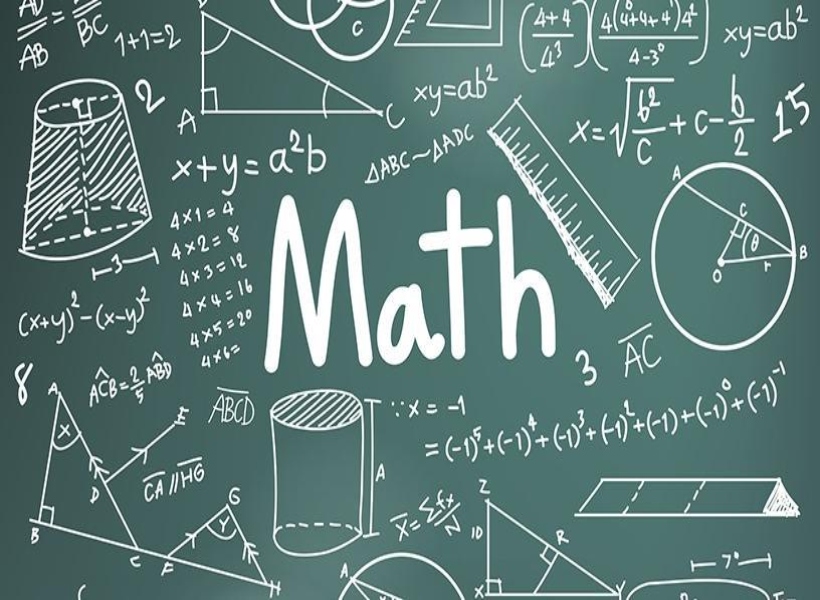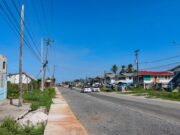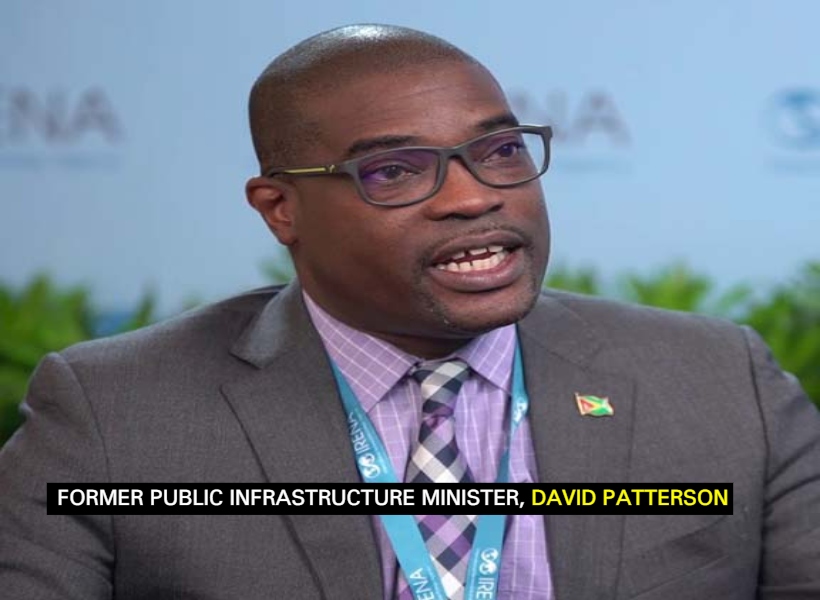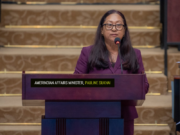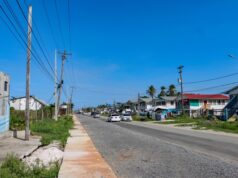As a result of the COVID-19 pandemic, Guyana’s high expectations of an 86 percent growth in Gross Domestic Product (GDP) are no more. In spite of this, there are still favourable projections for positive growth. Both the International Monetary Fund and the World Bank have said that Guyana can see more than a 50 percent GDP growth rate this year.
While this would be most welcomed by the authorities by the day, one local Financial Analyst, Sasenarine Singh believes that if other fiscal tools were used to measure the economic health of the nation, a more realistic story would unfold.
In his most recent writings, Singh posited that if one were to really assess more accurately, the effects of record low oil prices, elections woes, and COVID-19, one must evaluate the Gross National Income (GNI) computations.
The analyst said, “For the record, GDP is the total value of goods and services produced by locals and foreigners in a country during a year but not all of it is injected into the local economy. GNI, on the other hand, refers to that portion of the wealth created in a country that stays in that country.”
On this note, Singh firmly asserted that GDP is therefore not the most accurate assessment of what will happen to the Guyanese economy, while adding that it is more an academic statistic. He said that GNI, on the other hand, is a more pragmatic assessment of the economic reality for the people.
Based on the computation using the publicly available data sourced from the Bank of Guyana, Singh noted that the annualized GNI for 2020 is expected to decline sharply in 2020, mainly driven by a 70% decline in oil prices since January 2020. “If we tack on the COVID-19 related economic costs, we are seeing a computation that concludes that the economy will contract sharply in 2020,” the analyst stated.
Singh further noted that Guyana’s failure to conclude its elections has also exacerbated the economic perils that face the country. Singh said every day the de facto Granger Group continues to ignore these issues and kicks the bucket down the road and Guyana is losing foreign direct investments, which is the key to the nation’s economic turnaround. If one is to assess what is happening in the local private sector, he opined, that one can clearly conclude that confidence in the economy is at its lowest for 36 years in 2020.
The financial analyst said that at this point, Guyana urgently needs to get back on track with a legitimate government so that recognition by the international community can be restored and more effective fiscal measures against COVID-19 can be implemented.

